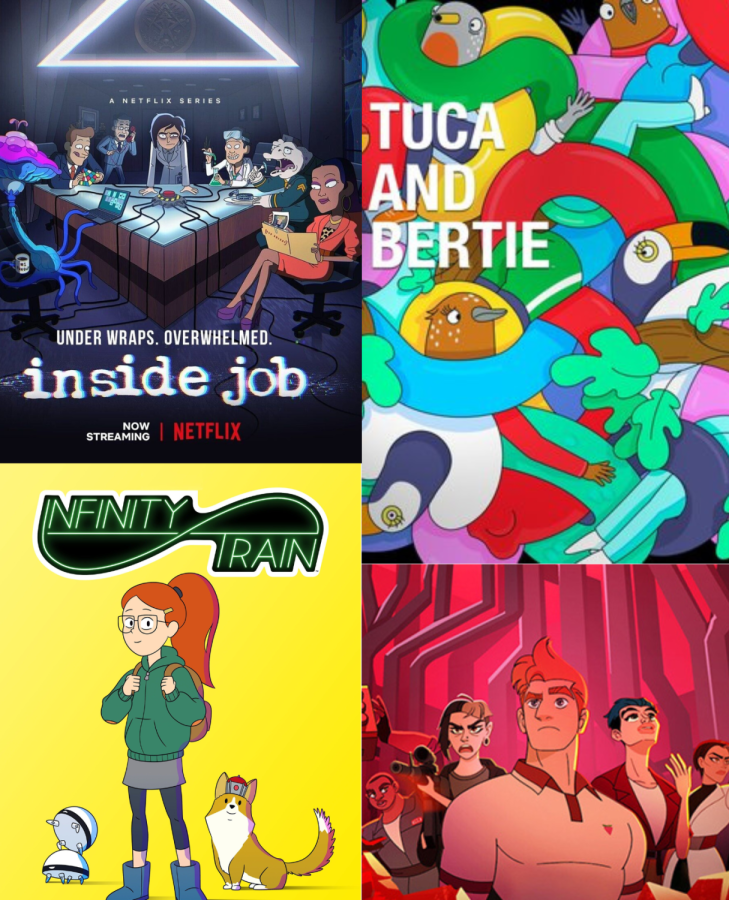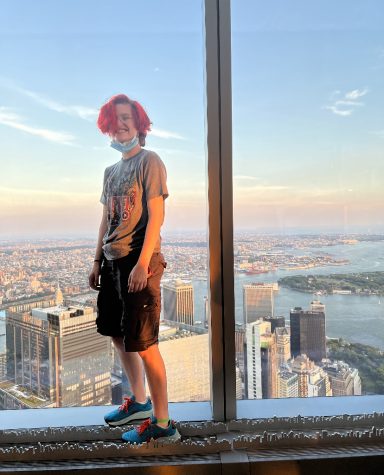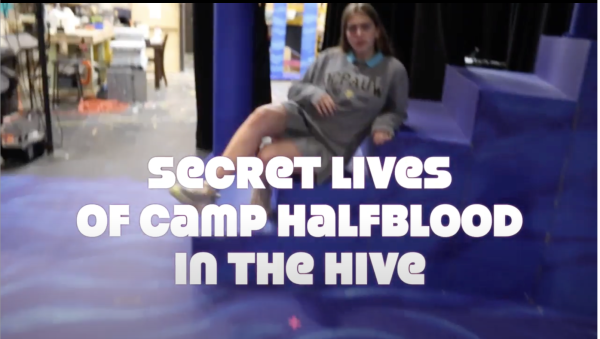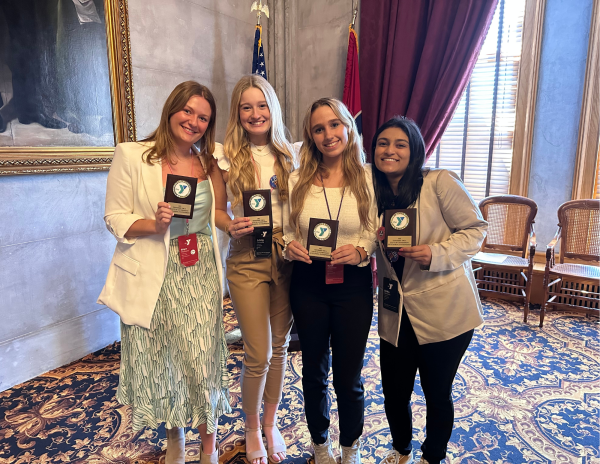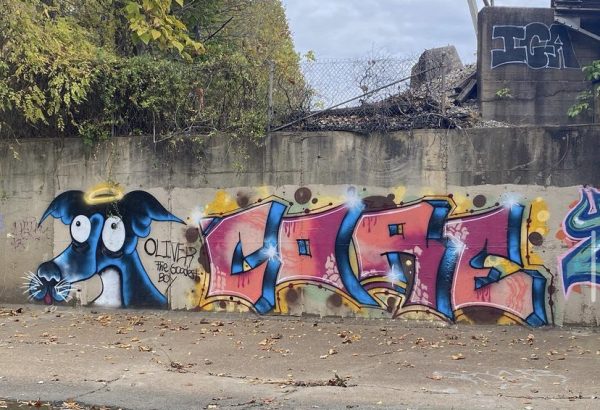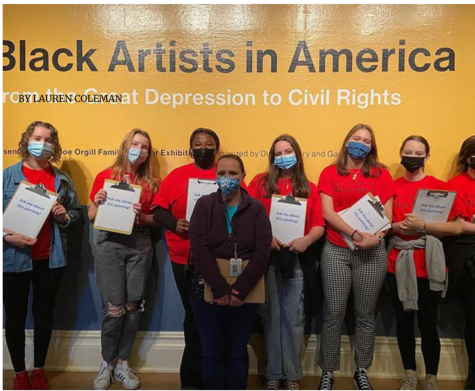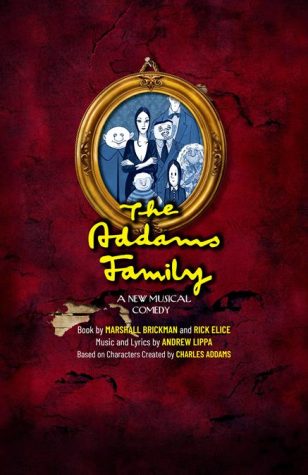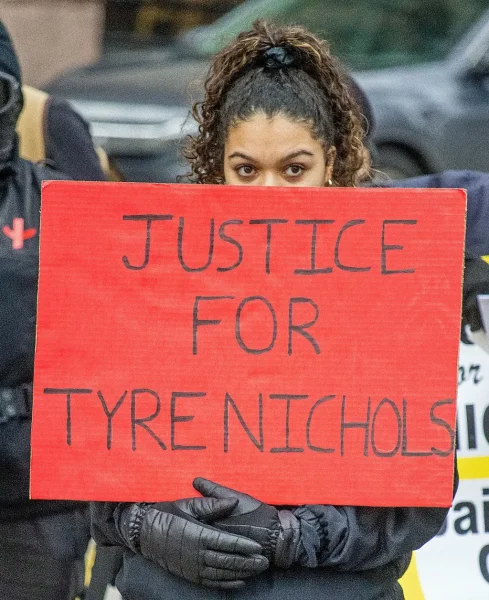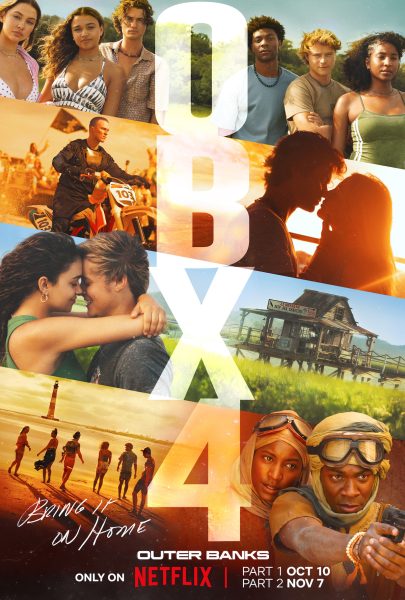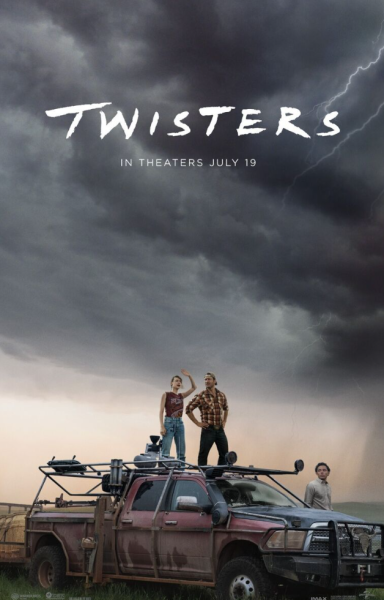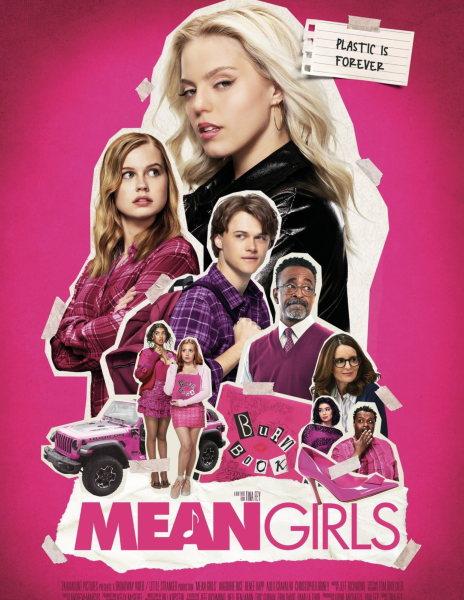What’s Going on in the Animation Industry?
Tv shows get canceled, it’s how most shows end. However there has been a frightening amount of animated shows getting canceled lately and not just for bad viewership. This is a fairly new trend especially when the animation industry has proven wrong that “animation-is-just-for-kids” mentality for years with works like “Bojack Horseman”, that tackles issues like alcohol abuse and mental health, ‘Arcane’ and Isao Takahata’s “Grave of the Fireflies”, a movie about the final months of World War II that is commonly found on “saddest movies made” lists. So how come shows that are currently marketed towards adults only last a season or two? Are the shows just bad? Can you blame it on marketing and promotion? Or is something else under the surface happening? It’s a mix of all three.
Well not every show can be a winner. Many adult animation shows think that older audiences just want to see vulgar and offensive jokes that have no overarching or smart story behind it. Basically talks down to their audience. Shows that follow this are Netflix’s “Hoops”, “Big Mouth”, and “Chicago Party Aunt”. With this many shows get canceled after one season, this is more the fault of bad writing and organizations thinking they can get a quick buck without putting much effort into it. However this can happen to any type of entertainment medium and not just something that happens in animation. Besides there are
good and smart animated shows that have great writing and adult humor, these include “Bob’s Burgers”, “Harley Quinn”, and “Invincible”, shows that are all highly acclaimed by critics and viewers alike (Collider Staff).
Promotion and advertising is one the few ways people can learn about a new product or show, and while this issue does not only apply to adult animation, it is something that big companies avoid to ‘prove’ that animation is not a viable way to use money. Shows like Netflix’s “Q-Force ‘’ was a victim of bad advertising, causing its untimely cancellation. The promotion trailer actively made the show look like it had offensive stereotypes, causing many people in the LGBTQ+ community outraged, and rightfully so. However after the show came out, the people who watched it sang its praises and talked about how good it was. Glen Weldon of NPR talked about in his article “”Q-Force” trafficks in Queer Stereotypes- Then Drives Through Them’ ‘ how it was a delightful show to watch as a gay man. However due to poor viewership the show was canceled in late June 2022, 10 months after its debut. Many blame the poor viewership on how it was promoted. Advertisements for shows should give people a fair look of what the show will be like, if done in a way that actively makes a show look bad or not promote it at all, a company will never have success.
Both these reasons can be traced back to the company saying “these shows have bad reviews” or “poor viewership”. What about the shows that are getting canceled even after they were renewed or popular, what’s going on there? Netflix, who has been guilty of the last two reasons, is also guilty for this one. Shion Takeuchi, the creator of Netflix’s “Inside Job” announced in January 2023 that “Inside Job” was unrenewed. A mere two months after part 2 of season 1 was released. In June of 2022 Netflix said it was renewed for a season 2. What changed the execs mind? While many do suspect viewership it seems to be the unlikely answer seeing how it was trending on Netflix’s top 10 when part 2 dropped; and when Takeuchi announced the show being unrenewed, “Inside Job” was trending on Twitter and had 30k tweets about it. It wasn’t unpopular. Why would a popular show get canceled? Something similar on AMC+ happened, however this time the second season was finished. Why would a finished show get canceled? Both of these cases cannot be traced back to the issues mentioned above.
Rick Porter from Hollywood Reporter has an idea. In his article “What’s driving TV’s un-renewal waves” where he cites the reason being to cut down costs and prioritizing their “core shows” and “bigger projects”. This issue is happening with all television shows but animation seems to be the first to go. Liana Kangas, a local creative in the industry, weighed in with their perspective of what is going on , “It’s terrifying to hear that shows that are optioned and go through rounds of approvals with support are being dropped… This absolutely should cause alarm. We’ve seen time and time again that larger corporations don’t take as many risks on optioning shows unless there are larger names behind them, like executives or other higher-up folks, so it gives fewer opportunities for lesser-known and marginalized folks to break into the industry.”



